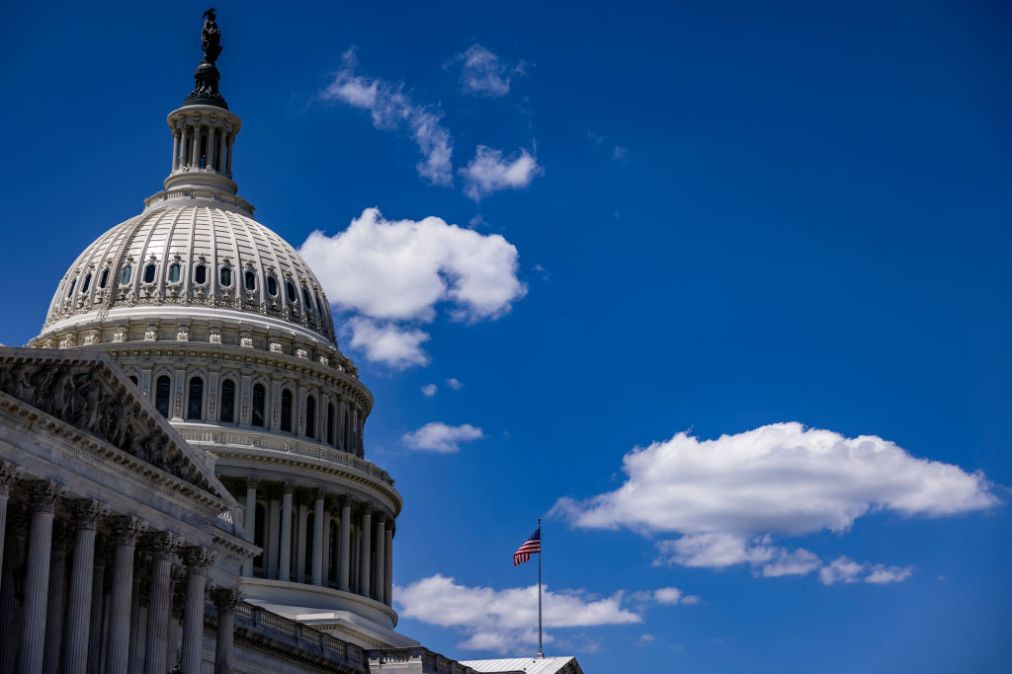Senate fails to amend cryptocurrency reporting requirements, moving fight to the House

The Senate stopped short Monday of passing an amendment that would have altered language in the current $1 trillion infrastructure bill to narrow the definition of parties that will be required to report cryptocurrency sales to the Internal Revenue Service.
Senators failed to reach unanimous consent because of an objection to an unrelated requested attachment to increase military spending. A group of Senate Republicans and Democrats as well as representatives of the Treasury Department had struck a compromise to narrow the language on Monday and had hoped to pass the amendment through unanimous consent.
Cryptocurrency industry leaders and privacy experts say that if the current language in the bill goes through it could handicap the emerging technology in the United States and strip privacy from users.
“We may very well have to go back and revisit the rules but we shouldn’t just have an overly broad mandate or reporting requirement on people who can’t possibly comply,” Sen. Pat Toomey, R-Pa., said when announcing the compromise Monday.
Industry members, alongside lawmakers and privacy experts, say the current definition of “broker” in the legislation is too broad. It could extend to companies that are only intermediaries for cryptocurrency, such as software makers, miners, and decentralized exchanges, and that do not currently collect the information required by the bill to report.
Members of the House Blockchain Caucus have circulated a letter to colleagues urging them to amend the language.
“The House must consider amendments to this provision that exempt entities that don’t conduct crypto transactions and keep blockchain software development, cryptocurrency mining, and more in the United States,” co-chair Rep. Tom Emmer, R-Minn., tweeted.
The language has sparked mobilization from industry and privacy groups who say that the language could stifle industry and have unintended privacy consequences. Industry and privacy advocates now say they hope that the House of Representatives will amend the wording before the final passage of the bill with a solution that addresses lingering concerns.
Privacy group Fight for The Future launched a campaign mobilizing against the language over the weekend that it says resulted in over 40,000 calls to legislators. It’s one of the group’s largest campaigns since the fight for net neutrality says Lia Holland, campaigns and communications director at Fight for the Future.
“This is a warning shot to legislators and regulators that the issues at hand aren’t simply about taxes—they’re about the United States’ ability to participate in cryptocurrencies and a decentralized future that puts the rights of people above the exploitative and manipulative business models of Big Tech,” Holland wrote in a statement. “Policies that impact people’s basic civil liberties and rights in the digital age should never be tacked on to legislation like an infrastructure bill.”





